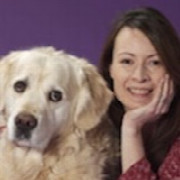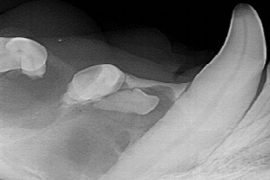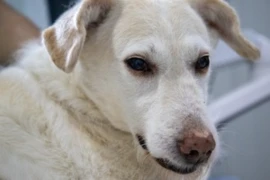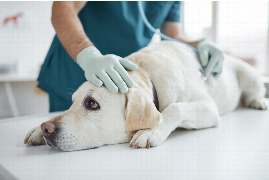The five secrets of successful in-practice puppy groups (that no one else will tell you!) (for nurses)
(incl. tax)
In theory, running puppy socialisation groups or 'puppy classes' in practice is a great idea! After all, you want your clients' pups to grow up sociable with people and other dogs, and be confident in the surgery environment. However, in the past few years, increasing concern about some specific canine behaviour problems means that we need to be incredibly careful when running these sessions - and making sure that we don't cause the very problems we are trying to prevent. Join Sarah Whitehead in a fun and lively webinar to explore this fascinating area of canine behaviour and get some down-to-earth practical tips to make sure that you are offering your clients the very best in behavioural understanding and hands-on sessions in your practice. What you will learn; The importance of starting with the end in mind, why some ‘accepted' exercises are inherently risky, how to get your clients to actually listen to you about their puppy’s care and behaviour, three critical signs of stress that you need to be able to spot in puppies and the hidden dangers of ‘off-lead socialisation’ in your sessions – and what to do instead

Sarah Whitehead, BA (Hons), Msc
Sarah Whitehead is an international lecturer and pet behaviour counsellor seeing dogs and cats with behavioural problems on referral from veterinary surgeons across the south of England.
Sarah has an MSc in Animal Behaviour and is a full member of the APBC (Association of Pet Behaviour Counsellors) and APDT (Association of Pet Dog Trainers, no 00156).
She is also one of only a small number of specialists to have achieved the status of Certified Clinical Animal Behaviourist (CCAB) and is an Animal Behaviour Training Council (ABTC) Registered Clinical Animal Behaviourist.



